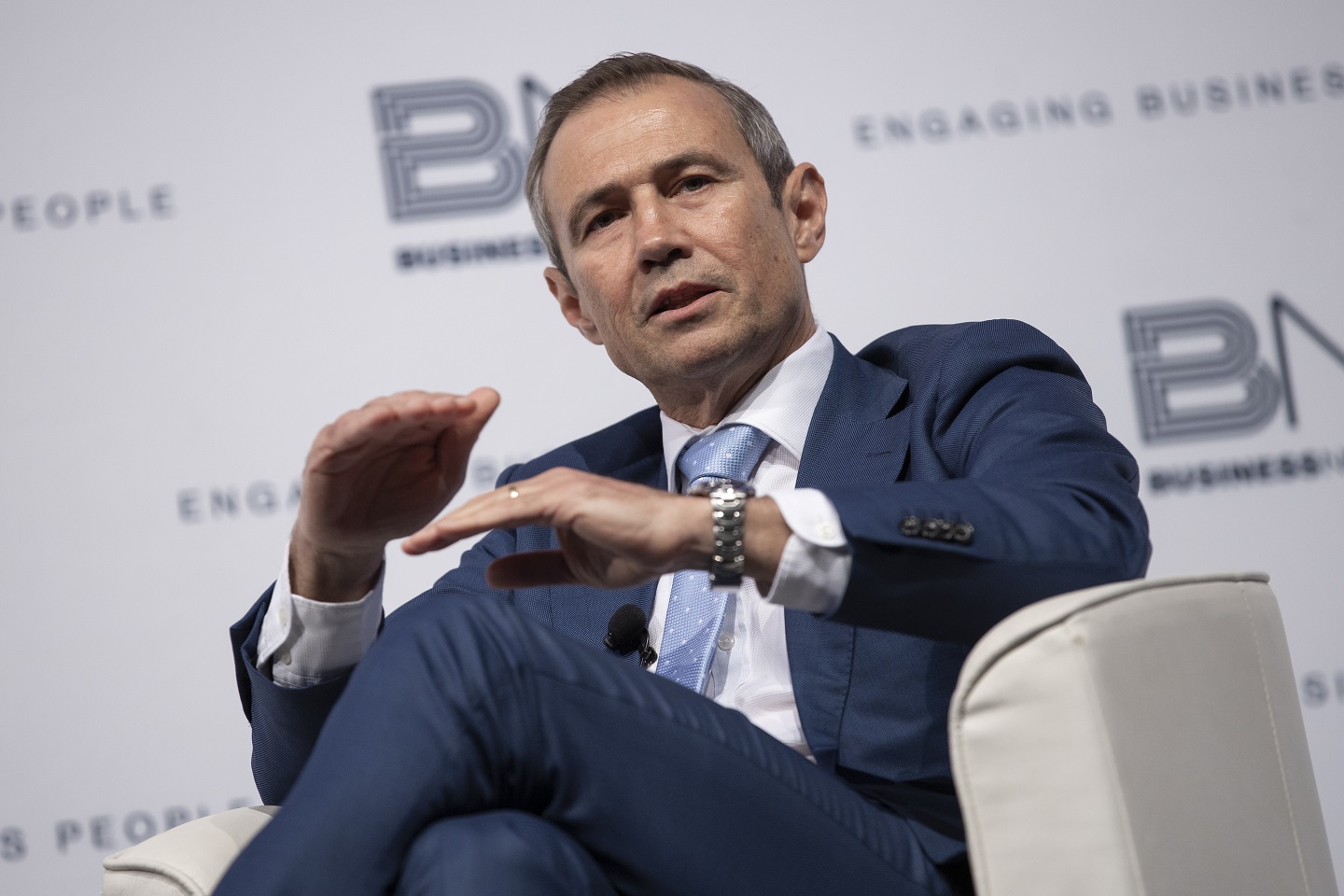The state's health minister has refused to say when WA will reopen its domestic border as eastern states struggle to suppress fresh COVID-19 outbreaks.


Health Minister Roger Cook has refused to say when WA will reopen its domestic border as eastern states struggle to suppress fresh COVID-19 outbreaks.
Those comments, made this morning at a Business News Politics & Policy breakfast, come as WA yesterday recorded just one new case of the virus.
There are currently 19 active cases in the state, all of which are in hotel quarantine.
WA’s consistently low case numbers have allowed the state to rapidly relax restrictions in recent months; however, some critics, including industry bodies and federal politicians, have argued the state should make relaxing its domestic border a priority.
Those calls have since intensified after the state’s chief health officer, Andrew Robertson, yesterday told a parliamentary committee that WA could consider relaxing domestic border restrictions as long as other states were deemed to have appropriate border controls themselves.
Dr Robertson added to those comments today, saying a decision concerning border restrictions should be reviewed at the end of the month.
It had previously been reported that the state government would consider relaxing restrictions once Australia had gone 28 days without a single instance of community transmission of COVID-19.
While Queensland, Tasmania, South Australia, the Northern Territory and ACT have essentially eliminated community transmission of the virus, New South Wales and Victoria continue to record instances of community transmission.
Addressing Dr Robertson’s comments this morning, Mr Cook told moderator and Channel 9 journalist Gary Adshead that public health advice needed to be balanced with managing associated logistical risks.
“What Andy did say … is that we do need to consider the situation now,” he said.
“We’re all feeling it. We’re now seeing great results across other states.
“New South Wales is still bubbling along [and] Victoria’s coming down off those crisis levels, so we are now in a position to have to consider what we do with our borders in the short to medium term, and how best we manage that process.”
While the state government has so far declined to set a firm date for easing of border restrictions, budget papers released last week assumed restrictions would be eased between April and June of next year.
The budget also estimated that a second wave of COVID-19 infections would come at a cost of 30,000 jobs and $5.6 billion to the state's economy.
Mr Cook acknowledged that, while the risk posed by visitors from most states was minimal, reopening the border to other states would effectively cede control to other jurisdictions, citing the relatively porous border between South Australia and Victoria as an example.
He was also critical of commentary from federal politicians who have labelled NSW, which overnight recorded 11 new cases of COVID-19, the gold standard for infectious disease control.
“They still have a four square metre rule, their roadmap for easing restrictions has been put on hold because they continue to have a bubbling along of the disease,” he said.
“From that perspective … Western Australia is in a good position.”
Mr Cook also criticised the federal finance minister, Mathias Cormann, for comments he made earlier this month implying stringent border restrictions had hindered WA’s ability to reopen its domestic border effectively.
Mr Cormann has repeatedly criticised the state government’s border restrictions in recent months, at various times describing its stance as protectionist or otherwise irrational, given many states had eliminated community transmission of the virus.
“Mathias made a few comments, and he has some insight, but most of the comments were made out of ignorance, particularly about outbreak planning,” he said.
“We’ve had a huge opportunity [to prepare for further outbreaks] because of the success we’ve had to plan and be ready for that.
“His comments are on one hand were right … but he’s not right in saying we’re not ready in the event of an outbreak because we’ve done a lot of that work and we’ve been able to do a lot of that work and planning because of the success we’ve had to date.”
Still, he acknowledged that, if the domestic border was to relax, internal restrictions on movement would need to be increased to effectively suppress the virus should community transmission of COVID-19 become widespread.
“Other states have chosen to keep their borders open, and because of that, they’ve had a much higher prevalence of the disease,” he said.
“As we ease our borders, do we want to stay on our guard … or do we want to go to that phase five mark and keep the border controls?
“All of these things have to be considered in balance.”
Asked whether families would be able to travel domestically by Christmas, Mr Cook said any easing of restrictions would be incumbent on how Victoria and NSW manage community transmission in the weeks ahead.
“If we continue to see a decline in numbers [in Victoria and NSW] … as Andy said, we should now be considering what steps we can take to free up movement of people in and out of this state," he said.
The state government is set to remove all restrictions on venue capacity from October 24.














